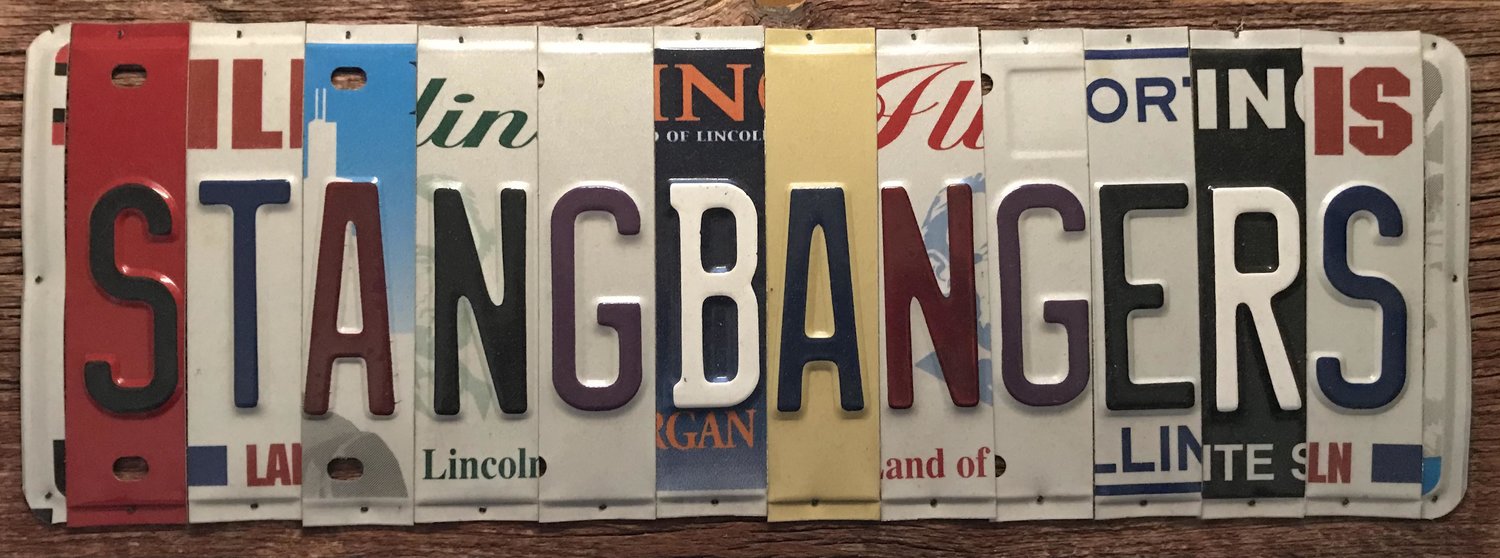What Happened With the Semiconductor Chip Shortage — and How and When the Automotive Industry Will Emerge
The chip-shortage crisis is improving but won’t be resolved overnight.
Grab a soda and your new car wish list and start shopping: More semiconductor chips are coming in 2022 and slowly but surely the chip-shortage horror movie will fade to black.
That does not mean 2022 will necessarily be a blockbuster year for inventory, but the global microchip shortage is expected to continue to improve which should mean less or no downtime for automakers desperate to build more vehicles to fill orders and depressingly empty dealer lots. Bottom lines have also taken a hit with billions in lost revenue, and automakers affected the most have also grappled with lost market share.
The industry is holding its collective breath that things won't backslide, and while shortages are projected to last into 2023 or longer—and may prove to be endemic—the hope is they will be more manageable as chipmakers increase capacity and automakers find ways to make cars with fewer chips or use more of the higher-tech wafers that are more plentiful.
Consumers also need a break — from high prices, few incentives, empty showrooms, long delivery times, and delayed vehicle launches.
Huge Losses And Costs
The industry has also shined a light on what appears to be a systemic flaw in the supply chain. Companies and governments are looking to plug this hole for the future. They can't afford not to. The shortage cost the global auto industry about $210 billion in lost revenue in 2021, according to AlixPartners.
The auto industry's rebound during the pandemic had been fairly orderly until the chip crisis prolonged and threatened the expected recovery cycle, says Colin Couchman, executive director of Global Automotive Sales Forecasting at IHS Markit. "The chip crisis was wider and deeper than we thought."
The world will have lost 11.3 million units of production in 2021 because of the chip shortage, according to AutoForecast Solutions. Drive by any almost empty dealer lot to see what this looks like on the ground. The impact could be another 7 million units in 2022 and 1.6 million in 2023, IHS forecasts. Economists at Cox Automotive do not expect the wholesale car market to reach pre-pandemic and pre-chip crisis levels until at least 2025.
How Did This Happen?
The crisis dates to March 2020 when the pandemic forced automakers to shut down plants and temporarily halt orders from suppliers. At the same time, the electronics industry faced increased demand for cell phones, televisions, computers, games, and home appliances from customers abiding by stay-at-home orders. Chipmakers rerouted their supply to the electronics industry, which also showed a willingness to pay more for the silicon wafers.
When the auto industry came back online faster than expected in the summer of 2020, it found the chips needed weren't available and suppliers were content to keep their more lucrative contracts with others. Big orders can't be met quickly; it takes about three months to make even the simplest of semiconductors. The auto industry only represents five percent of the chip industry, so it lacked much clout to get what it needs.
Cars use a lot of older, lower-tech "legacy" chips that cost only a few dollars each and have lower profit margins so there is less incentive for chipmakers to invest in more capacity. The low cost of legacy chips belies their importance. Vehicles rely on such chips for everything from door locks and infotainment to brakes and advanced driver assist systems. Advanced wafers that incorporate more chips are more plentiful; suppliers would rather make more sophisticated chips, made with newer technology that can put more chips on a single silicon wafer, and yield a better return.



